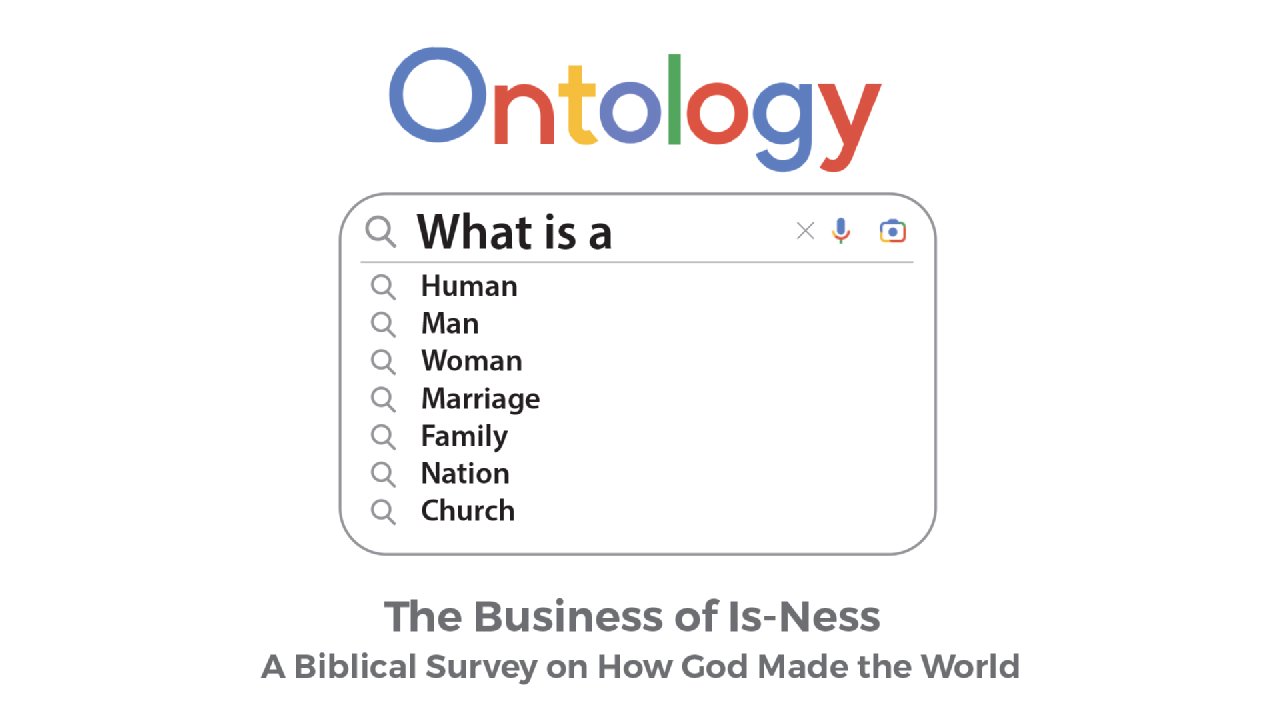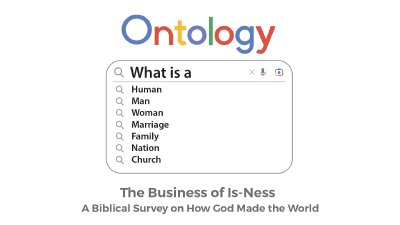It depends on what the meaning of ‘is’ is.”
Those infamous words, uttered by Bill Clinton in 1998 should have told us that the world and everything in it was already succumbing to the deconstructive forces of postmodernism. Postmodernism claims that meaning is no longer found in what a human author intends or what the Author of life declares. Rather, meaning is decided by individuals or local groups interpreting, or in most cases reinterpreting the words others.
In college after college, postmodern ideas have sprung to life from the 1960s on, and by 1998 such revisions of meaning were emerging in the public square. Bill Clinton’s elusive response to a question about his relations with Monica Lewinsky were not abnormal for a culture celebrated for transgression (think: the Hippies of the 1960s), raised on MTV (think: the teens of the 1980s), or enslaved to self-expression instead of submission to the truth (every American born since WWII).
Fast forward 25 years, add two decades of social media, a handful of contested elections, one global pandemic, and endless woke crusades in public schools and city streets, and it is not just language that has come under assault, it is everything that God upholds by the word of his power. To be certain, Christ the Lord reigns in heaven. But on earth, all is not well. And in our day, we can’t even figure out what a man is, why women’s sports should only include women, or why children should not be exposed to Drag Queens in public library.
In a word, the world has gone mad. And its insanity began when words could mean anything, or nothing, or something at one time and not another.
Many have rightly claimed that those who define the terms, decide the turf. And this means that in our day, we are at war for the dictionary. As Adam was charged to name the animals, so we are watching Adam’s heirs renaming everything. Only instead of naming the world as it is, we are like Adam trying to remake the world in our own image. Instead of receiving God’s world and giving thanks, we are trying to create new worlds. And don’t think that a few old fashion pronouns can get in the way. This is our world!
As Christians, called to salvation and commissioned to bring the light of the gospel to all nations, we cannot sit back and watch. Instead, we must take up our Bibles and hack to pieces the lies that are destroying our neighbors and sending people to hell. We must learn afresh what Scripture means when it says, God made us in his image and he made us male and female. We must learn what this world is, what humans are, and why it matters.
To this end, we will spend the next 7 weeks looking at the dictionary. And that means, we will open our Bibles to define some terms. Instead of just looking at the Bible to see what works (pragmatism). We will be looking at the Bible to see what is (ontology). Ontology is the “study of being,” and in May and June, it is our task to learn something about what is, and what is not.
Thus, beginning this Sunday, we will begin with one single verse—Genesis 1:1. This verse is arguably the most decisive verse in the Bible today. And so we will begin this new series, Ontology: The Business of Is-Ness, with an extended meditation on this verse and what it means for us today.
So to prepare for Sunday, take time to read that verse. Then take time to look up any other verses that you might think relate to that verse. Take time to consider what that verse says about God, about the world, and about the way things are. That is what we will do Sunday, as we pray for God to give us light so that we can be light in the world.
As the Lord allows, I look forward to seeing you Sunday as we open the Scriptures to see the light of the glory of God in his creation and in his Son, Jesus Christ, As a reminder, the Springwoods Community Group is in the overflow this Sunday.
For His Glory and for your joy,
Pastor David
---------------------------------------------------------------------------------------------------------------------
Discussion & Response Questions for Genesis 1:1
What does the word ontology mean? Why does it matter?
Where do you see the meaning of words being assaulted today? How do you respond to that?
In what ways do Christians need to learn (or relearn) the doctrine of creation?
What do you learn about God in Genesis 1:1? What do you learn about creation?
Have you taken the time to study what Scripture says about humanity, gender, marriage, family, nations, or the church? What are you hoping to learn?
How does Exodus 16, the story of manna help us apply Genesis 1:1 today?
How should you respond to God as creator?
What is your responsibility to your neighbors in declaring the message of Creation?






